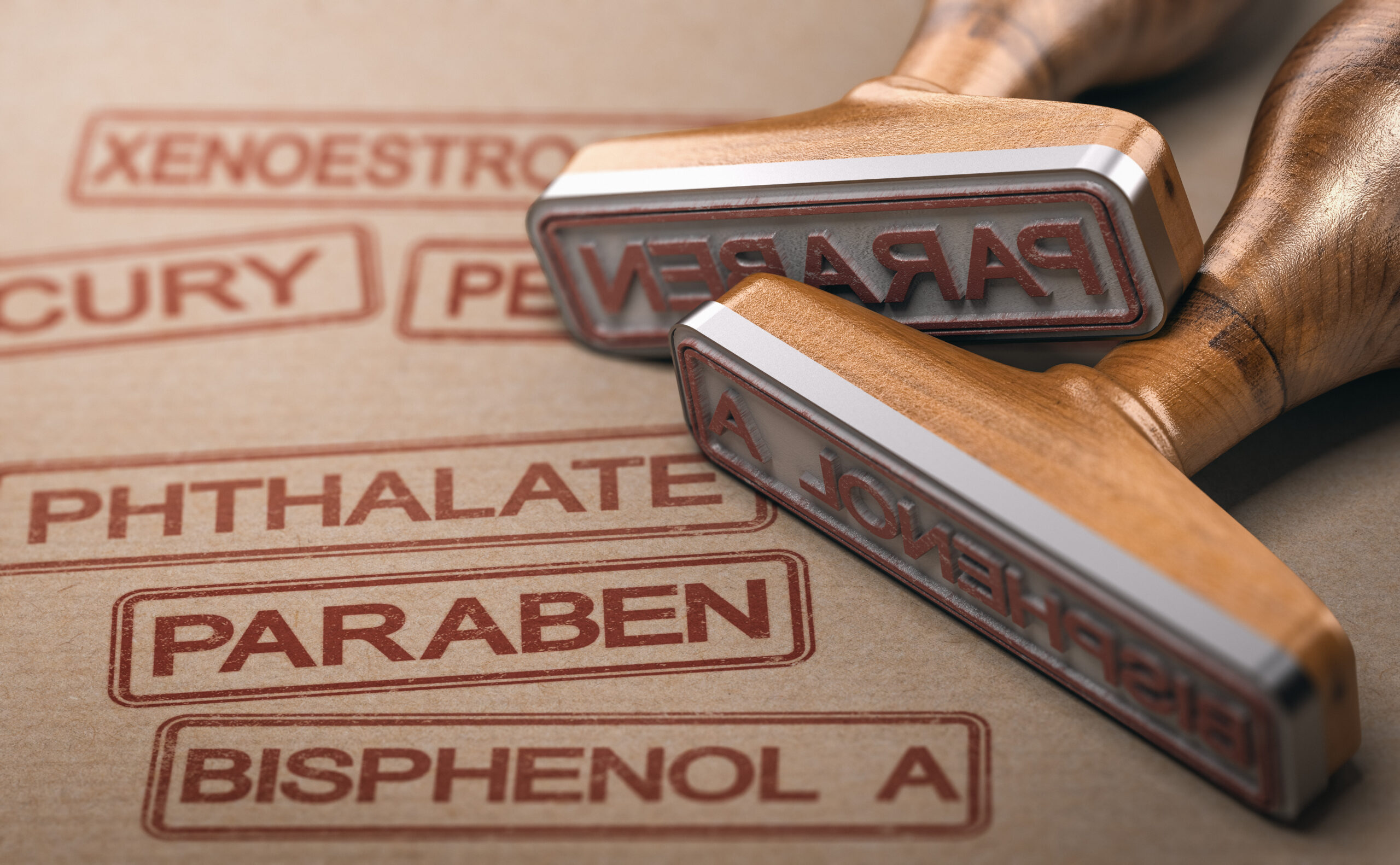The “Meals Wars” and the Courts
Issues over ultra-processed meals (UPFs) and their accountability for rising charges of power illness and weight problems have been highlighted within the medical literature and within the well-liked press.
Printed
Writer
James Lytle
Share
Issues over ultra-processed meals (UPFs) and their accountability for rising charges of power illness and weight problems have been highlighted within the medical literature and within the well-liked press. The seek for acceptable responses to the antagonistic impacts of “Huge Meals” and its merchandise has prompted comparability to actions taken to curb “Huge Tobacco” a long time in the past. Echoing profitable anti-tobacco initiatives, proposals to curb UPF consumption embrace stronger labeling, elevated taxes, regulation of junk meals advertising and marketing to youngsters, and aggressive public consciousness campaigns.
The success of the anti-tobacco effort has, nevertheless, usually been attributed to litigation by non-public plaintiffs and states in opposition to the tobacco corporations, culminating in a grasp settlement settlement in 1998 between the cigarette producers and the attorneys basic of 46 states, 5 U.S. territories, and the District of Columbia. The settlement compelled the tobacco corporations to pay billions of {dollars} to the states to compensate them for Medicaid prices incurred by people who smoke, positioned limits on tobacco promoting, and funded public info efforts.
Litigation in opposition to the producers of UPFs has not performed as giant a task in combatting the influence of those meals on the general public’s well being—not less than not but. Latest case filings in opposition to the meals business sign that lawsuits may change into a extra essential a part of the anti-UPF arsenal. Two current circumstances mirror various approaches to holding the meals business accountable.
Bryce Martinez v. Kraft Heinz Firm, Inc. et al., filed Dec. 10, 2024 (subsequently eliminated to federal courtroom, Jap District of Pennsylvania): Bryce Martinez was identified as a 16-year-old with Sort 2 Diabetes and Non-Alcoholic Fatty Liver Illness, circumstances that the grievance asserts had been “largely confined to aged alcoholics.” Eleven main producers of ultra-processed meals merchandise had been named within the litigation, together with Kraft Heinz, Coca-Cola, Pepsico, Common Mills, Nestle, Kellogg and Mars. The grievance particulars the dominance of UPF within the American food regimen and the proof that UPF consumption will increase the dangers of weight problems, diabetes, cancers, dementia, and a number of different power diseases. It contends that UPFs have been deliberately designed and marketed to be “hyper palatable” or addictive to shoppers—similar to cigarettes.
The similarities between UPFs and cigarettes aren’t coincidental: Because the grievance describes, throughout the latter half of the 20th Century, Huge Tobacco corporations like RJ Reynolds and Philip Morris acquired giant meals producers, resembling Nabisco, Del Monte and Kraft. They employed their tobacco expertise to maximise the addictiveness of their meals portfolios and utilized their tobacco advertising and marketing methods to focus on youngsters and different weak populations.
Inside paperwork referenced within the grievance present that Huge Meals knew what it was doing. Simply six months after the Tobacco Grasp Settlement was executed, the CEOs of main meals corporations met to debate the potential authorized threats dealing with the business. Noting the explosion in charges of weight problems and power illnesses amongst youngsters brought on by “the ubiquity of cheap, good-tasting, super-sized, energy-dense meals,” a presentation warned the CEOs that their corporations may face a wave of litigation akin to the onslaught in opposition to Huge Tobacco.
The warning went unheeded and, in response to the grievance, Bryce Martinez fell prey to UPF advertising and marketing and often consumed greater than 100 recognized UPF merchandise made by the defendants. The grievance alleges that the UPF defendants:
- had been negligent in not exercising cheap care within the manufacturing of their merchandise and did not warn shoppers of their dangers;
- breached their warranties of security and health and misrepresented the traits of UPFs;
- fraudulently hid the merchandise’ defects;
- violated unfair commerce observe and client safety statutes; and
- unjustly enriched themselves by means of the gross sales of those meals.
Monica Castro, et al. v. Abbott Laboratories, U.S. District Courtroom, Northern District of Illinois (filed Jan. 14, 2025). This very completely different lawsuit targets two merchandise, “Go & Develop Toddler Drink by Similac” and “Pure Bliss Toddler Drink by Similac,” that are manufactured and marketed by Abbott Laboratories to be consumed by youngsters one 12 months of age or older, who’ve “graduated” from breastfeeding or toddler components. “Toddler milks” have been criticized by skilled and scientific organizations, such because the American Academy of Pediatrics and the World Well being Group, for holding excessive ranges of saturated fats, sodium and sweeteners, together with sugar. Though cow’s milk or water are the beneficial choices for younger youngsters, toddler milk merchandise gross sales tripled in the USA between 2005 and 2015, and, in response to the grievance, have been estimated to generate one half billion {dollars} in gross sales lately.
The grievance focuses on the unfair and misleading advertising and marketing of those merchandise. The toddler milk packaging, practically indistinguishable from Abbott’s toddler components, claims that the merchandise improve “Immune Assist,” “Mind Improvement” and “Digestive Well being” and are labeled as “stage 3” to suggest falsely that they’re the beneficial subsequent product for youngsters after they outgrow “stage 1” toddler components and “stage 2” supplemental components. The plaintiffs search to enjoin the continued false promoting of those merchandise, to require a corrective promoting marketing campaign, to reimburse the category for his or her purchases—which price $30 or extra per can—and to award extra compensatory and punitive damages.
The potential influence of the litigation
The plaintiff within the Martinez case faces some daunting challenges, not the least of which is the mixed authorized artillery marshaled by the world’s largest meals corporations. He might want to doc precisely which and the way a lot of the greater than 100 recognized UPF merchandise he consumed and to show that consuming these merchandise truly brought about his medical points. The truth that these merchandise ostensibly adjust to current FDA necessities will likely be cited by defendants, together with caselaw that protects industrial speech underneath the First Modification.
The toddler milk case could sidestep these causation challenges. Relatively than having to show that the merchandise truly brought about hurt, the plaintiffs within the toddler milk case could solely have to show that false claims led them to buy these expensive merchandise.
Neither of those circumstances was introduced by State Attorneys Common, who can advance broader public well being claims and treatments, as evidenced by the tobacco litigation. The submitting of those circumstances could, nevertheless, immediate a number of State Attorneys Common to take action. Furthermore, whether or not or not the plaintiffs in the end prevail in these circumstances, the litigation may show to be extremely consequential. If the Martinez case proceeds to the invention stage, extra proof is perhaps uncovered that reveals that the meals business knew of the harms brought on by these merchandise—proof that may encourage State Attorneys Common to enter the fray and embolden coverage makers to enact stronger regulation of those meals.
In regards to the Writer

Previous to his retirement in 2023, Jim Lytle was a associate within the Albany, New York Metropolis and Boston workplaces of Manatt, Phelps & Phillips, the place he recommended, lobbied and litigated on behalf of healthcare shoppers. He served as Assistant Counsel for Well being and Human Companies to Governor Mario M. Cuomo, and was an Adjunct Professor at New York Medical School Public Well being Ph.D. program, SUNY Albany Faculty of Public Well being, and NYU Regulation Faculty. He was a Fellow in Harvard’s Superior Management Initiative, has been a visitor lecturer at Harvard Regulation Faculty and serves on the Advisory Board for the Petrie-Flom Middle.
The put up The “Meals Wars” and the Courts first appeared on Petrie-Flom Middle.




